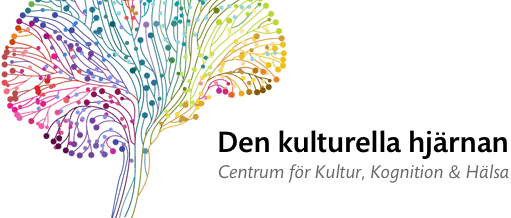Individuals with a predisposition to empathize engage with sad music in a compelling way, experiencing overall more pleasurable emotions. However, the neural mechanisms underlying these music-related experiences in empathic individuals are unknown. The present study published in Cognitive, Affective and Behavioral Neuroscience, tested whether dispositional empathy modulates neural responses to sad compared with happy music. Twenty-four participants underwent fMRI while listening to 4-min blocks of music evoking sadness or happiness.
The study identified a "music-empathy" network (vmPFC/mOFC, dorsomedial prefrontal cortex, primary visual cortex, bilateral claustrum and putamen, and cerebellum) that is spontaneously recruited while listening to sad music and includes brain regions that support the coding of compassion, mentalizing, and visual mental imagery. Importantly, the study's findings extend the current understanding of empathic behaviors to the musical domain and pinpoint sad music as an effective stimulus to be employed in social neuroscience research.
Publication
Trait Empathy Shapes Neural Responses Toward Sad Music.


